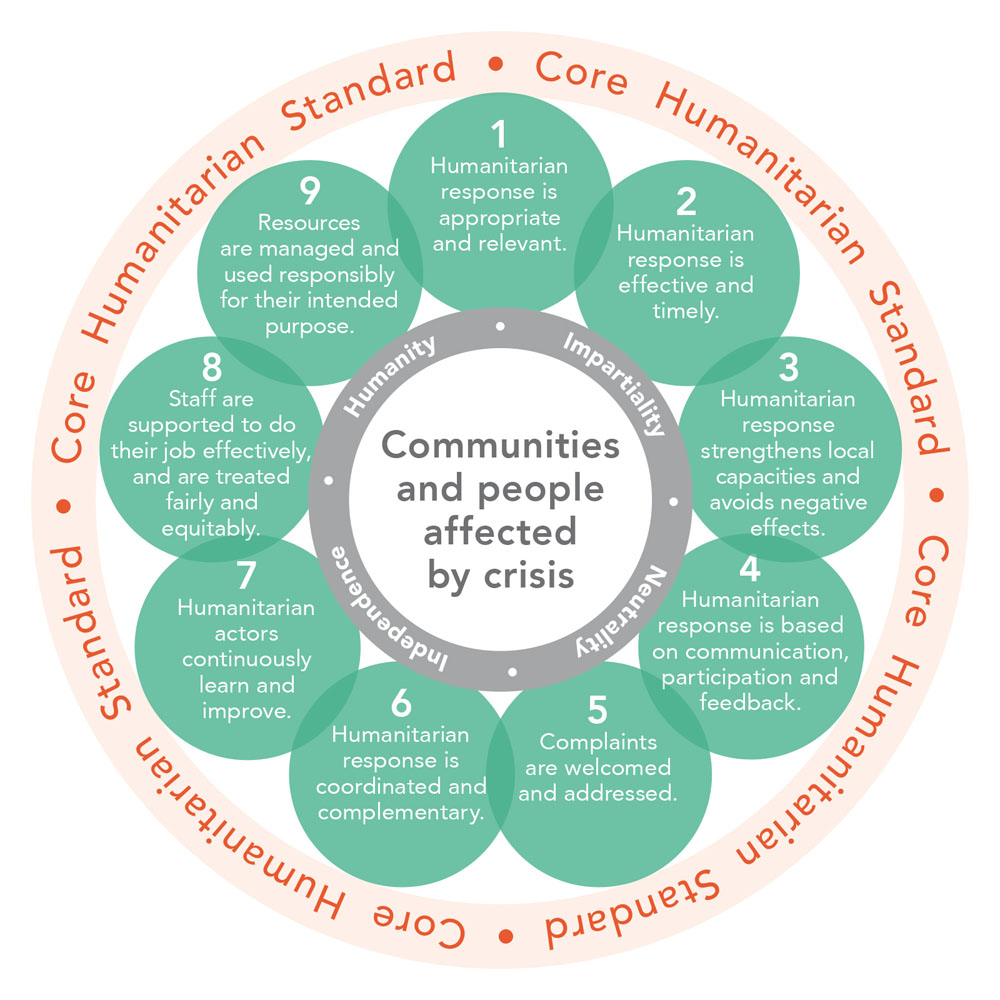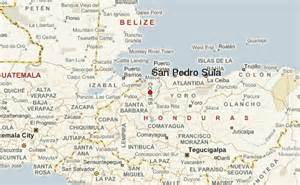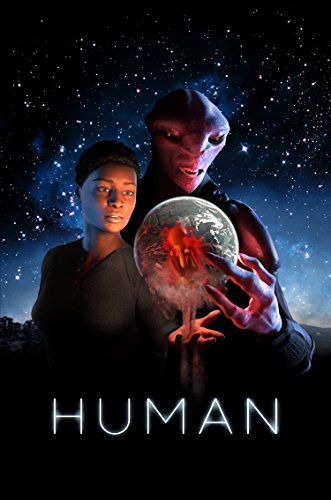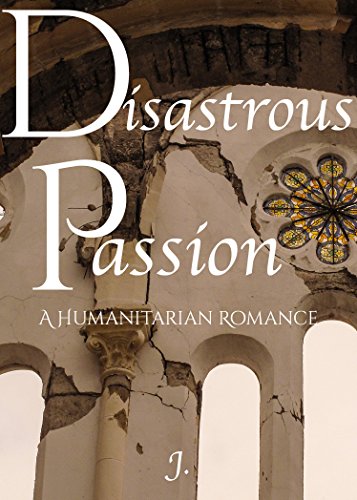[Note: an extended and edited version of this post will become part of the introductory chapter to Aid Worker Voices.]
Using the Interwebs: networking and blogging sites hosted by or geared to aid and development workers
 Impact of the Internet
Impact of the Internet
Of the many functions of the Internet there is no doubt that it has made developing lines of communication between like-minded persons fairly routine. Not long after the beginning of the Internet there were “bulletin boards” were people could post comments and have others respond, and this basic pattern has remained, becoming more sophisticated and far reaching over time.
With some searching you can find niche webs sites, blogs, Facebook pages for nearly any interest imaginable, many of them functioning as places for those who share the same views to meet, exchange information and generally connect on various levels.
Indeed, it has become routine for US Peace Corp volunteers to blog about their experiences, some of which showing depth and maturity, others perhaps being quite banal.
Aid and development workers were fairly early adopters of these vehicles of communication and there are hundreds (thousands?) of blogs, etc. written by and for aid and development workers. The co-founder of this blog, AidWorkerVoices, the mysterious J, among the earliest and most active.
Examples include
Below is a sampling of web locations where you can find sites hosted by or geared to aid and development workers. Given the huge number of sites added every week a truly comprehensive and up to date list would be impossible. We are indeed a species that thrives on communication.
Blogs and web sites:
The Tiny Spark podcast site
News sites:
Facebook pages
[Many of the sites mentioned above also haver Facebook pages associated with them, some open to everyone and others membership by request from page administrator.]
If you have a favorite site that I should add to the lists above, let me know. Lucy from AidMamas (above) gave me a heads-up on “Development blogs you should read” that may be worth a look.
Positive use of the Internet
The examples above are just a tiny portion of sites out there. All serve to affirm, inform, amuse and facilitate networking of all manner and, in some cases, to amplify snarkiness in an echo-chamber fashion. I believe that the sector is well served by these means of communication; the impact is a net positive. As humans we all have a strong need to feel that we are not alone in our experiences, emotions, perceptions and struggles, and on the whole these sites serve in affirming that we are not alone. A sector that knows itself better can function more efficiently, one might assert. That said, the various moments of ‘vetting’ can get quite snarky at times and can contribute to self defeating cynicism in some cases.
You will notice in the list above a very northern/Western/expat bias that represents the privileges held by aid and development workers from those parts of the world. You’ll note that with only one exception all of the sites are in English, further indication of a skewed list. I am particularly interested in how local aid workers network and otherwise communicate and commiserate, though I am sure there is no ‘one size fits all’ answer. One question I pose is how can this technology be used to be more inclusive and hence useful for all. Suggestions?
A note on technological determinism
What does the future hold for communication within the aid sector and for the men and women who toil every day in cubicles, the ‘field’ and across the globe who want to hear and be heard by their far-flung colleagues?
Time travel to 30 years ago and then imagine explaining Skype, FaceTime, Facebook and Google to the average person. Hard or even impossible, right? The rate of technological innovation is increasingly fast; the next thirty years will bring many more innovations and changes than the last thirty did. You and I are literally unable to image what the future will bring in terms of various technological innovations.
 When he first imagined his networking tool Mark Zuckerberg had no idea as to the long term social and cultural impact that Facebook would have. History is full of examples of similar technologies the inventors of which also had no idea of the changes that would come from their ideas and actions. The social impacts of technological changes are staggeringly complex and impossible to accurately foresee. This is the idea of technological determinism.
When he first imagined his networking tool Mark Zuckerberg had no idea as to the long term social and cultural impact that Facebook would have. History is full of examples of similar technologies the inventors of which also had no idea of the changes that would come from their ideas and actions. The social impacts of technological changes are staggeringly complex and impossible to accurately foresee. This is the idea of technological determinism.
We can only hope that the changes to come will have a net positive impact on the aid sector and the rest of humanity, hence the usage of the word ‘determinism.’ Let us enjoy the ever expanding blogosphere and Twitterverse and continue to offer insight, succor and support to each other.
Comic relief as a critical element
Just as my colleague and silver back sector veteran J has found an eager audience for his aid worker fiction lately (HUMAN, and the series of books starring Mary-Anne), anthropologists have done the same almost from the very beginning. I am reminded of the classic anthropological novel published under the name Eleanor Smith Bowen written by Laura Bohannan in the mid 1950’s. Though this novel is mainly about the intersection of two cultures -something all aid workers know something about- in the last part of the book she illustrates beautifully words from Shakespeare’s King Lear, namely “The worst returns to laughter…” and from there she gets her title. After a devastating epidemic comes through her fieldwork community (in Nigeria among the Tiv) she describes how they quickly return to being able to laugh at the situation, putting voice to the age-old truism that the difference between tragedy and comedy is the passage of time, and that healing from trauma is most quickly done by the social bonding (and re-bonding) that comes from laughing together.
from the very beginning. I am reminded of the classic anthropological novel published under the name Eleanor Smith Bowen written by Laura Bohannan in the mid 1950’s. Though this novel is mainly about the intersection of two cultures -something all aid workers know something about- in the last part of the book she illustrates beautifully words from Shakespeare’s King Lear, namely “The worst returns to laughter…” and from there she gets her title. After a devastating epidemic comes through her fieldwork community (in Nigeria among the Tiv) she describes how they quickly return to being able to laugh at the situation, putting voice to the age-old truism that the difference between tragedy and comedy is the passage of time, and that healing from trauma is most quickly done by the social bonding (and re-bonding) that comes from laughing together.
And perhaps for some (most?) aid workers, social media and the Internet allow for just that, bonding with their peers through smirks, giggles and outrageous belly-laughs. A very human need, that.
Finally, for those those U2/Bono fans out there you might take a look at this if you haven’t already. Wait for it.
As always, please contact me with comment, question or snark.
Tom Arcaro is a professor of sociology at Elon University. He has been researching and studying the humanitarian aid and development ecosystem for nearly two decades and in 2016 published 'Aid Worker Voices'. He recently published his second and third books related to the humanitarians sector with 'Confronting Toxic Othering' published in 2021 and 'Dispatches from the Margins of the Humanitarian Sector' in 2022. A revised second edition of 'Confronting Toxic Othering' is now available from Kendall Hunt Publishers
More Posts - Website
Follow Me:

 Yes, I get the irony. Pennsylvania was indeed part of the ‘blue wall’ that crumbled.
Yes, I get the irony. Pennsylvania was indeed part of the ‘blue wall’ that crumbled.


 Follow
Follow











